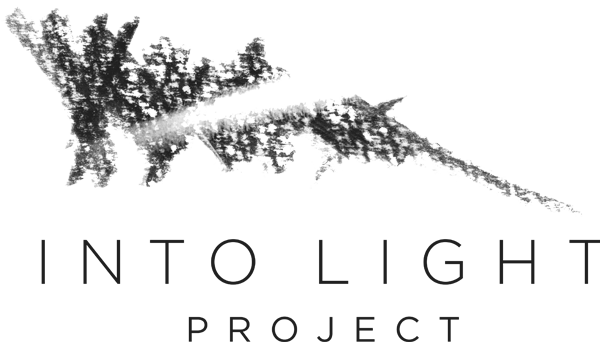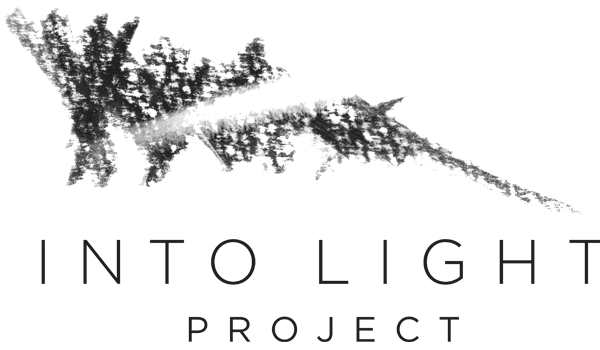Stigma Definition: Being negatively viewed by others due to a distinguishing characteristic or personal trait thought to be undesirable.
The mark of disgrace that sets a person apart from others.
Why is addressing stigma so important to obtaining treatment for a Substance Use Disorder?
Stigma is a Universal phenomenon, one felt in all counties and cultures. Stigma is often associated with AIDS, mental illness, race, gender, sexual orientation, obesity, socio-economic status, age, disability, and more. This post focuses on the stigma associated with Substance Use Disorder (SUD) against individuals with the illness. (Stigma related to family and other supportive people in the lives of those with this disease will be addressed in a future post.)
When a person is stigmatized, labeled, looked at, and treated as “less than,” it elicits feelings of shame, isolation, and hopelessness. It is disheartening that society at large labels and denounces those with SUD as inferior (social stigma). Still worse, a significant percentage of medical professionals belittle those who seek help for SUD (structural stigma). The courage it takes to ask for help is often met by dehumanizing judgment and language like “drug-seeking,” junkie, addict, or druggie. Such marginalization causes those seeking help to internalize negative views of themselves (self-stigma), causing loss of self-respect and belief in the stereotypes of others that can lead to further substance use.
In the time I have spent listening to families tell me about their loved one’s lost to SUD, the most common theme is how both the person with SUD and the family have endured one or all types of stigma, not only during the active addiction of their loved one, but well after their death. It is the mission of INTO LIGHT Project (and my personal goal) to “erase the stigma of drug addiction,” as it is the first and most fundamental step to successful treatment of this insidious disease. People need to feel secure in the knowledge that they will not be scorned or disparaged for having the disease of addiction and will be helped, not rejected, or shamed for being ill.
What can you do to help reduce/erase stigma?
Share your story. If you or someone you love, speak out. Let others know your story. Hiding it perpetuates the stereotype, the language, and the shame around those with SUD. Personalizing the disease makes a difference.
Educate yourself. To paraphrase Stephen Covey: “First, seek to understand.” Seek facts. Don’t buy into negative stereotypes, read the latest medical literature, don’t avoid families and individuals who have SUD. Hear their stories; walk with them, lend support. This is a treatable disease, like heart disease or diabetes; avoid assigning blame on them for having a bona fide brain disease.
Be aware of your language. It is hard to keep up with the “politically correct” terms as they seem to change often, but we often know what NOT to say. Be intentional about language; words help change attitudes.
Common term Instead, use:
Drug Addict/Drug Abuser Person with SUD/ In Active Addiction
(Watch for an upcoming post on destigmatizing language).
Be willing to educate others. When you hear misconceptions or degrading language, help others to understand how it creates prejudice and marginalizes those with SUD. “Understanding is the first step to acceptance, and only with acceptance can there be recovery.” J.K. Rowling
Be an ally. Be supportive of individuals and families touched by this illness.
Share the INTO LIGHT Project website. Intolightproject.org. This may seem like a shameless plug, but since the sole mission of INTO LIGHT Project is to erase stigma, what better place to send people? They can view the portraits, read or listen to the narratives and learn how this disease can affect anyone. Getting to know the individuals and the families and friends who loved them makes a difference.
Get involved. Remember, we are in this together. Drug overdose deaths have increased since the pandemic and are at an all-time high. There are many ways to affect change – legislation, voting, donating, volunteering to name a few.
More than anything – avoid judging. You may not understand the behavior of someone with SUD, but you can empathize, be present and provide support and encouragement. People are more likely to feel comfortable opening up to you and asking for help when they feel accepted.
Barbara
Barbara Francois is a board member and narrative writer for the INTO LIGHT Project
Intolightproject.org





